The American Cancer Society says that when breast cancer is found early and in a localized stage, 99 percent of people will still be alive five years later.
And early detection means not only going to see a doctor regularly and getting mammograms, but also checking your own breasts once a month.
Self-exams of the breasts help you stay in touch with your body.
During the pandemic, a lot has changed. Many people have decided to put off getting health care and have put off some regular checkups. People also notice that stress makes their bodies change in many ways (as well as other factors). When you check your own breasts once a month, you're not just looking for cancer. It's a way to get to know your body, check in on it, and see what's going on. It's time to stop and pay attention. Is that something new? Does the person gain or lose weight? Do you gain or lose muscle? If we take the time to listen, our bodies have a lot to tell us.
Am I Too Young to Check My Own Breasts?
Most people don't start getting regular mammograms until they are 40 years old, unless they have certain risk factors, like a family history of breast cancer. This adds to the idea that breast health isn't important until that age. But once you're past puberty, it's a good idea to check yourself every month. If you've never done a self-exam on your breasts before, you may not know where to start. Here are some simple ways to get started:
•Look at your breasts in the mirror to start. Make sure your feet are flat and your back is as straight as possible when you stand or sit (no slouching or leaning).
• Make sure the size, shape, and color are what you expect. Also look for any bending or swelling that you can see.
• Raise your arms and continue to look at the shape, size, and color.
When you look in the mirror, look for signs that one or both nipples are leaking (it could be a watery, milky, or yellow fluid or blood).
• Call your doctor right away if your nipple is red, sore, has a rash, dimples, or bulges, or if it has changed shape or is leaking something unusual.
• Raise one arm and start making small circles (about the size of a quarter) with your fingertips from the nipple out toward the armpit, covering the breast area.
To feel through thick tissue, press down hard. On the other side, do it again. Many people find it easiest to feel their breasts when their skin is wet and slippery, so they like to do this step in the shower.)
• Do another self-exam with your arms down this time.
Use the same method, massaging in small circles with your fingertips. Work from your collarbone down to your armpit and then to the top of your abdomen, covering the breast area as you go. Look for lumps, bumps, sore spots, or anything else that has changed since the last time you checked.
• You can also check your breasts while lying down. Use your right hand to feel your left breast, then your left hand to feel your right breast.
Cover the whole breast with a firm touch. Make sure to feel all the tissue from the front to the back of your breasts. Use light pressure on the skin and the tissue right under it, medium pressure on the tissue in the middle, and firm pressure on the deep tissue in the back. You should be able to feel your ribcage when you've reached the deep tissue.
Visit BreastCancer.org to learn more about how to check your own breasts.
What to do if you find something you weren't looking for.
During a self-exam, you might find a lump, bump, or something that doesn't look right. If you notice any of these changes, or if your nipple is leaking, or if you notice anything else strange about your body, call your doctor and have them check you out. There are many breast conditions that are harmless (don't cause cancer). Changes in the glands or tissue around the breasts can be caused by your period, some medications, stress, or being sick. If you notice any changes in your breasts, it's best to see a doctor.
Getting to know yourself is one of the best things you can do for your health. Knowing how your body usually changes when you have your period, are stressed, or in other situations can help you talk to your doctor.

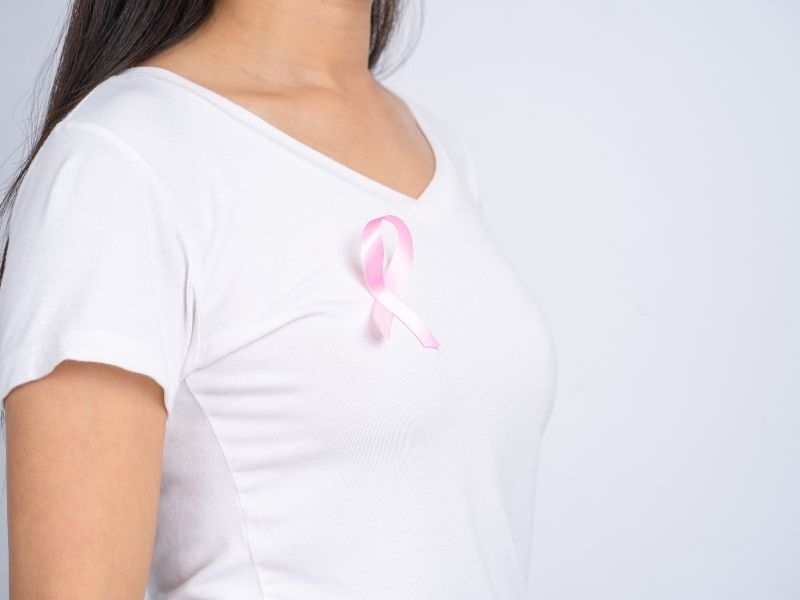


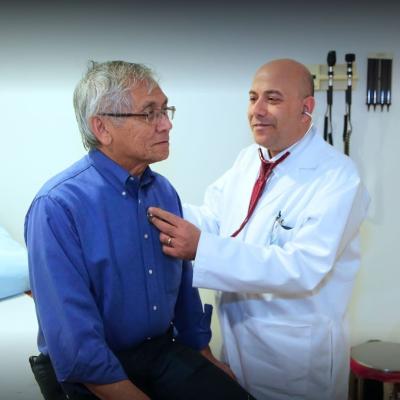
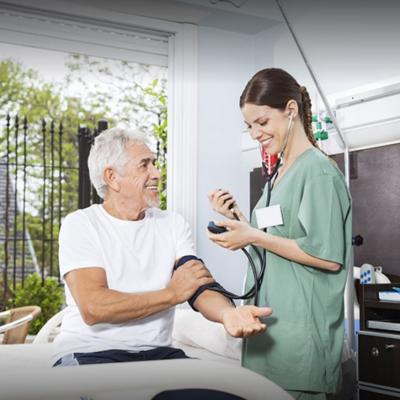
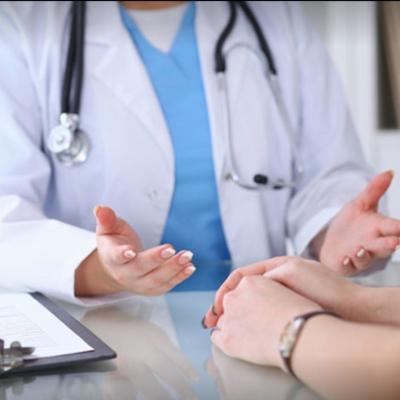
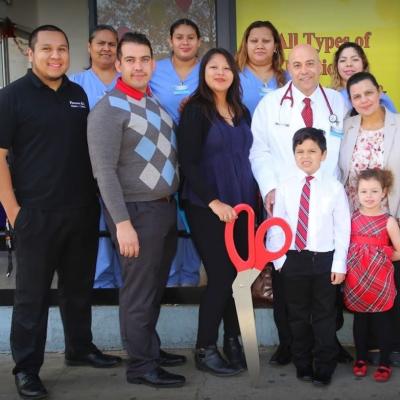
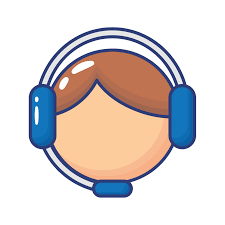

 And then Add to Home Screen.
And then Add to Home Screen.